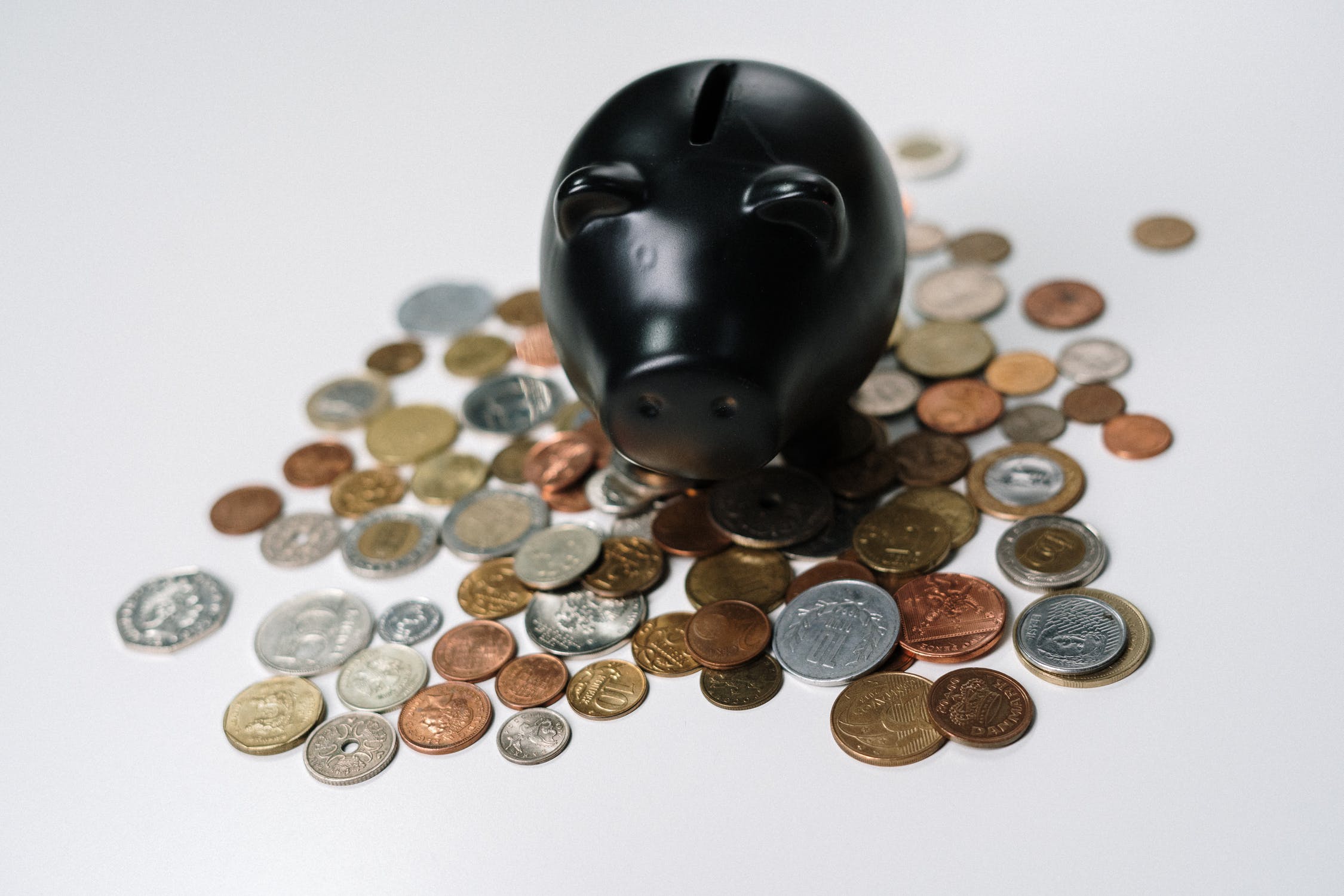
Due to the current situation regarding covid-19, you may be in a dire financial conundrum. Your lifestyle is being deeply affected and debt is starting to pile up. You’re living on credit cards and overdrafts or perhaps, just borrowing as much as you can while not having a full plan to make payments. Whether you’re an individual or a business owner, these are hard times nobody expected to be in. but it’s not the end of the world. Debt management techniques and strategies have evolved to the point where you have several options available. No matter what your credit rating is or how much you owe, there are some things you can do to limit the strain on your finances. Some measures may be more drastic than others, but as long as you keep your eyes on the prize of becoming debt-free, you shouldn’t need to worry for too long.
Shortening the burden
The longer you’re under the weight of debt, the more your morale suffers. The question is, can you afford to shorten the length of time? If you’re financially in a better place than you were when you went into debt, you can offer your creditor to make larger payments. This isn’t just good news for them but great news for you. The issue with some debt plans is, the interest rises the longer the debt is outstanding. As of February 2020, the average credit card interest rate is around 15%. So if you have an outstanding figure of $1,000, by month 6, you could be owing up to $1,900. This means in theory, your debt would have doubled by half a year if you weren’t making any payments. However, even if you were, the interest rate would be difficult to stand for a long time.
Speaking with your creditor about making larger payments that may have been agreed, is a good start to limiting the pain. By increasing the payments, you’re limiting the balance that the 15% interest rate is attached to.
Before the fall
If you’re a business owner and you think you might be falling into debt within the next year or so, start an emergency fund. This is just a type of saving style but the practical way to begin it would be to open a savings account. You will need to make payments into an account every month and not withdraw funds for an agreed period of time. This does ‘lock’ you in but the reward is worth it. You have to make a minimum threshold payment, otherwise, you won’t be eligible to receive the interest rate boost for that month. However, there also might be a maximum, as banks won’t want to make larger interest payments than they have to.
Keeping this in mind, learn the various styles of savings accounts. The basic plan a bank may offer is 1-3% APR. The minimum payment for this to be attainable varies but in the UK it’s around £15-25, for example. There’s also a minimum balance amount that you need to hold the account open. This also varies from bank to bank. A simple savings account plan for your emergency fund could be, $200 a month at an interest rate of 3%. In 12 months, your total could be $2,472. If you need a lump sum injection in 1 year’s time, you will have 2.5K to spend wherever you need. Quite a good and simple way of having some monetary firepower.
What if you can’t manage?
Some economists have been talking about a recession that is so harmful to the economy that we could be heading for a system reset. If you’re already at that point in your life, you have options to lessen the blow. Using an insolvency trustee, you can devise a plan for what assets you’re willing to sell and payment plans for all of your debts. When you’re at this stage where you need to declare bankruptcy and insolvency, many creditors will try to get all they can. They’re trying to recoup losses and they can be quite vicious. With an insolvency trustee, they work with you to manage your assets, any and all money you possess and try to make a plan whereby your life isn’t destroyed. There are lots of trustees you can turn to such as MNP and Faber.
Utilize your recovering credit score
As you slowly but surely climb out from underneath a mountain of debt, your credit score will improve. This happens automatically, as banks and creditors will document your recovery and put those details into the system. They’ll make sure other banks, creditors and the government know that you have been making an effort. They’ll track your payment consistency and eventually, your credit score will rise again. This can be utilized to your advantage. If you need to borrow money to invest, such as into your business, you can begin to do so at more favorable interest rates.
The money you loan should be smartly used and not squandered. Borrowing can sometimes help you dig yourself out of a hole. However, you must be mindful that the new interest rate on your loan doesn’t eat into your other payment schedules. Essentially, don’t borrow money to pay off another debt. This can be verging on criminal behavior (ponzi scheme).
Don’t ask, don’t get
Creditors are not monsters. They don’t want to devour you whole, bones and all. Just ask for a bit of leeway and see if your interest rate can’t be lowered. More often than not, they will agree to give you some breathing room. Creditors are fearful of customer defaults. They would rather have a trickle of cash coming in than nothing at all. Leniency does depend on the creditor, so you may find your words fall on deaf ears and there’s no guarantee the interest rate will be decreased. But if you don’t ask, you don’t get.
When you think you’ve hit rock bottom, just remember you’re not the first one to be overwhelmed by debt. There is light at the end of the tunnel and any of these ideas should make your life easier.


